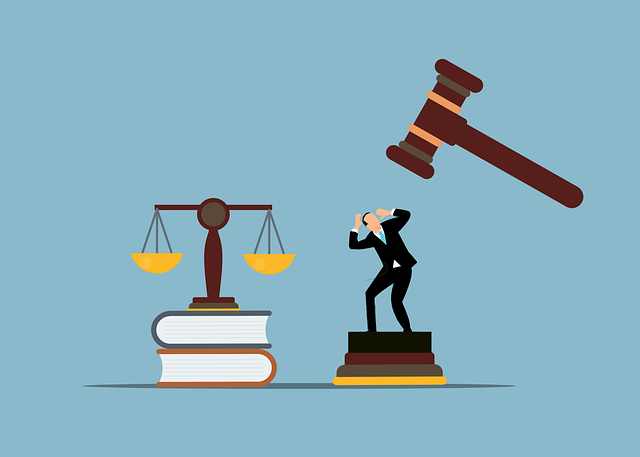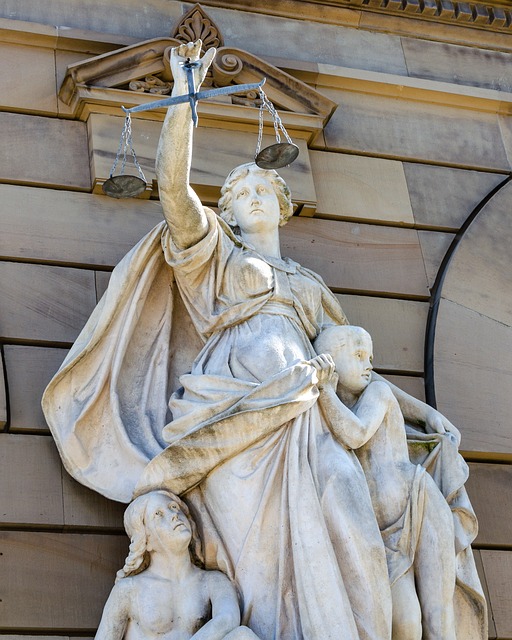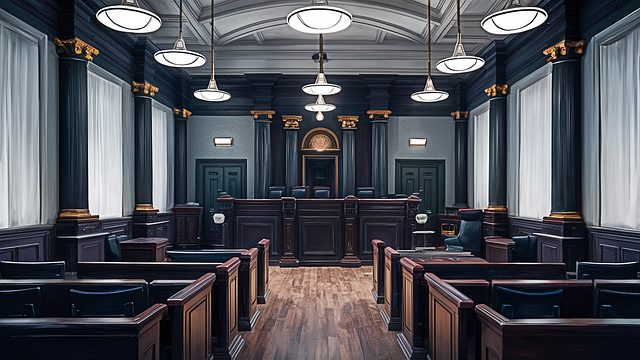Understanding your Fourth Amendment rights is essential for navigating legal proceedings, especially in The Woodlands, where a specialized The Woodlands criminal lawyer is crucial. These attorneys ensure protection against unreasonable searches and seizures by police, guide clients through legal complexities, and exclude illegally obtained evidence from court. Their expertise in local laws, search warrants, reasonable suspicion, and arrest procedures offers robust defense strategies, safeguarding clients' rights and providing peace of mind during stressful legal battles.
In the pursuit of justice, understanding and protecting your constitutional rights against unreasonable searches, seizures, and arrests is paramount. The fourth amendment safeguards citizens from invasive government actions, yet interpreting these protections can be complex. This article guides you through the intricacies, clarifying when a search or seizure crosses the line into unconstitutional territory. Additionally, it explores the vital role of a Woodlands criminal lawyer in safeguarding your rights and navigating legal complexities, ensuring fairness and justice for all.
- Understanding Constitutional Rights Against Unreasonable Searches and Seizures
- When is a Search or Seizure Considered Unconstitutional?
- The Role of a Woodlands Criminal Lawyer in Protecting Against Unconstitutional Actions
Understanding Constitutional Rights Against Unreasonable Searches and Seizures

Understanding your constitutional rights against unreasonable searches and seizures is crucial, especially in the context of legal proceedings. The Fourth Amendment protects citizens from overreaching police actions by ensuring that searches and seizures are conducted with a warrant, based on probable cause, and in a reasonable manner. This means law enforcement must have valid reasons to suspect criminal activity before they can search your person, property, or digital devices.
In the event of an arrest, these rights remain in effect. A woodland criminal lawyer can help navigate these complexities, ensuring that any evidence gathered during an illegal search or seizure is excluded from court proceedings. It’s important for individuals to be aware of their rights and to exercise them proactively if they feel their constitutional protections have been violated, potentially leading to a more just outcome in legal battles.
When is a Search or Seizure Considered Unconstitutional?

The Role of a Woodlands Criminal Lawyer in Protecting Against Unconstitutional Actions

When faced with challenging circumstances like unconstitutional searches, seizures, or arrests, an individual’s best ally in navigating the complexities of the justice system is a Woodlands criminal lawyer. These legal professionals are adept at recognizing violations of one’s constitutional rights and have the expertise to protect their clients from such overreach.
A Woodlands criminal lawyer plays a crucial role in safeguarding individuals against arbitrary or unlawful actions by law enforcement. They understand the intricacies of search warrant requirements, the boundaries of reasonable suspicion, and the procedures that must be followed during arrests. By thoroughly examining evidence and questioning police practices, these lawyers can identify and challenge any unconstitutional conduct, ensuring their clients’ rights remain intact. Their knowledge of case precedents and legal loopholes enables them to offer robust defense strategies, ultimately protecting their clients from potential legal repercussions stemming from unlawful searches or arrests.
In navigating the complexities of constitutional rights, individuals in The Woodlands face significant challenges related to unreasonable searches, seizures, and arrests. Understanding these rights and when they are violated is crucial. A knowledgeable The Woodlands criminal lawyer plays a pivotal role in protecting citizens from such unconstitutional actions, ensuring their legal protections remain intact. By delving into the specifics outlined in this article, individuals can better comprehend their rights and take proactive steps to safeguard against potential violations.



